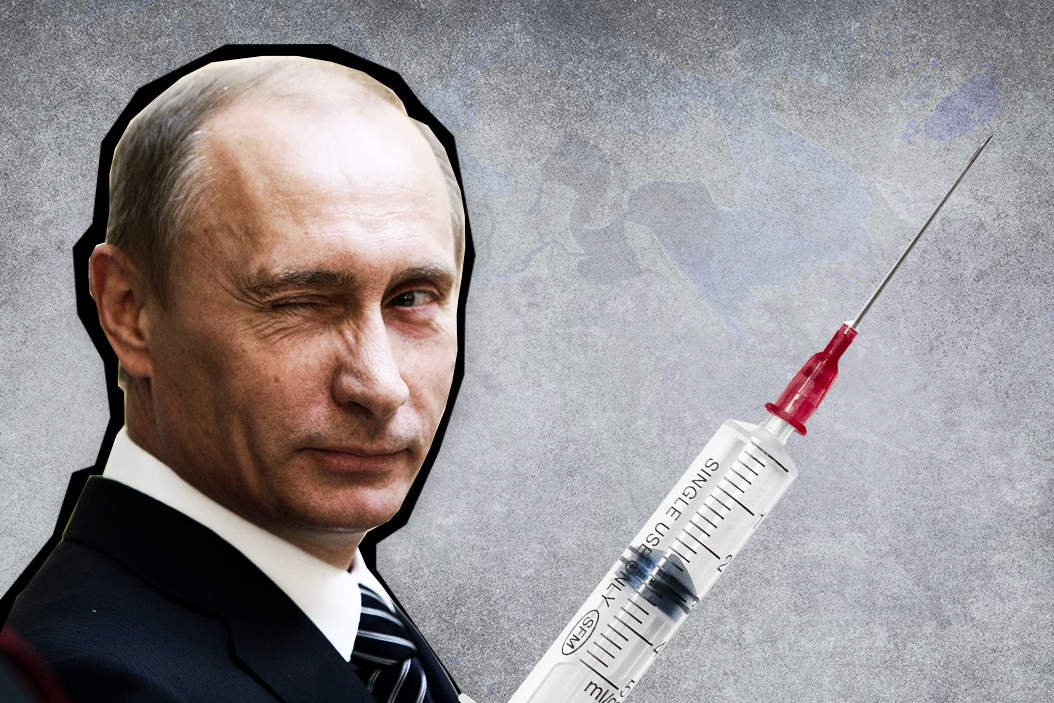News
November 11, 2020
92: Just days after US pharmaceutical giant Pfizer's coronavirus vaccine showed a 90 percent effectiveness rate, Russia now claims that its own "Sputnik V" miracle drug is 92 percent effective at preventing COVID-19. Good news — if it's true — for Vladimir Putin, who wants Russia to win the global vaccine race.
23 billion: The Trump administration has notified the US Congress of its intent to sell 50 F-35 fighter jets to the United Arab Emirates for $23 billion. The long-awaited deal was authorized by Secretary of State Mike Pompeo, who will be in the UAE this week as part of a Middle East tour that also includes Israel and Saudi Arabia.
49: Prince Khalifa bin Salman of Bahrain, the world's longest-serving prime minister, died on Wednesday at age 84 after 49 years in power. Khalifa took over as PM when Bahrain gained independence from the UK in 1971, and in 2011 survived mass protests that demanded his ouster in the wake of the Arab Spring.
1.8 trillion: European Union negotiators have agreed on a 1.8 trillion euro ($2.12 trillion) budget for the next seven years. The deal must be ratified by the European Parliament, the Council and all EU member states. However, it could hit a snag because Hungarian Prime Minister Viktor Orbán has threatened to veto if Brussels moves forward on linking future EU funding to respect for the rule of law.More For You
Bad Bunny during the Super Bowl LX halftime show press conference at Moscone Center.
Kirby Lee-Imagn Images
100 million: The number of people expected to watch the Super Bowl halftime performance with Bad Bunny, the Puerto Rican superstar and newly minted Album of the Year winner at the Grammys.
Most Popular
Think you know what's going on around the world? Here's your chance to prove it.
- YouTube
An imminent US airstrike on iran is not only possible, it's probable.
Americans are moving less — and renting more. Cooling migration and rising vacancy rates, especially across the Sunbelt, have flattened rent growth and given renters new leverage. For many lower-income households, that relief is beginning to show up in discretionary spending. Explore what's changing in US housing by subscribing to Bank of America Institute.
© 2025 GZERO Media. All Rights Reserved | A Eurasia Group media company.
